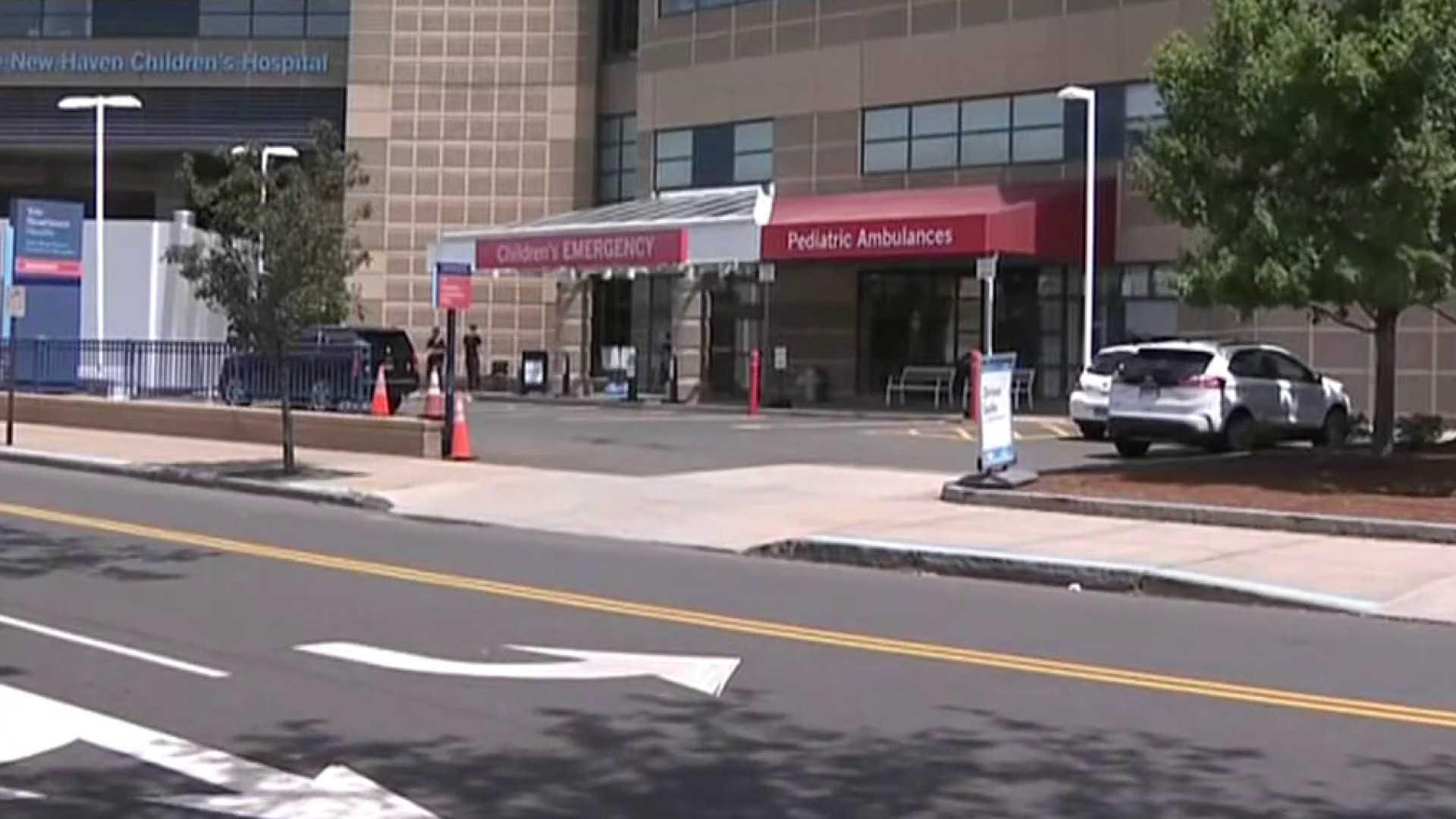Making decisions on how to manage and fund state prisons involves balancing how tax dollars are spent, social concerns, public safety - not to mention all the politics when parties disagree on a possible solution.
NBC Connecticut's Mike Hydeck spoke with Mike Lawlor, a Democratic state legislator who's familiar with all sides of the issue.
Lawlor's been a state legislator for two decades and he's now a criminal justice professor at the University of New Haven.
Mike Hydeck: "So you have been in our state prisons personally, you know the system well. What does it take to try to change policies like the idea that's being proposed right now to try to limit solitary confinement? How complex is a negotiation like that?"
Get Connecticut local news, weather forecasts and entertainment stories to your inbox. Sign up for NBC Connecticut newsletters.
Mike Lawlor: "Well, it's definitely complicated. You know, this is a national phenomenon. The United States really sort of leads the free world in a way in both incarceration and the number of people held in this sort of solitary confinement status. So what you see playing out in Connecticut is playing out in many states at the moment. The good news is, in Connecticut it seems like they've reached an agreement between the Commissioner of Corrections and the advocates in the legislature about a new set of rules governing how prisoners would be incarcerated in the event that they engaged in some misconduct that required what we typically refer to as solitary confinement."
Mike Hydeck: "So many times, we've heard time and time out that staffing is a major concern. And it's part of the reason that inmates spend so much time in their cells with COVID. And they have low staff as far as prison guards are concerned. Is that a factor of what you've seen? And how do you address something like that when it comes to one, taking care of the staffing requirement. And so prisoners can get out of their cells more than two hours a day. Is it better pay? Is it better benefits for staffers? How do you try to make that difference?"
Mike Lawlor: "Well, staffing is definitely a factor. There's no question about it, even though we've got about 3,000 fewer people incarcerated in our state than we did before the pandemic kicked in, we're still short on staff. And so you see a lot of mandatory overtime for correctional officers and health workers and teachers and others in the Department of Correction. So that does not help, right. But I think what is really the focus of the legislation are that people are being held in so called solitary confinement for punitive reasons, as well as protective reasons. You know, there's people who are by themselves because of a concern that they would be attacked by other prisoners, and there's others who are being held in a cell by themselves for extended periods of time as a punishment, and I think that's really the focus of this issue. Now, you mentioned staffing, it is worth noting that by far the biggest state agency by number of employees is the Department of Correction. It's almost twice the size of the second biggest department, Department of Correction, Department of Children and Family. So it's a significant problem for the state. And, you know, I think people are generally aware right now, we're expecting a big wave of retirements later this year as the rules change for state retirees, people trying to retire before those new rules kick in. So this is a real challenge for the Department of Correction."
Face the Facts
Face the Facts with NBC Connecticut goes beyond the headlines, asking newsmakers the tough questions, giving an in-depth analysis of the big stories.
Mike Hydeck: "So quite a few prisoners recently, more than ever before, testified before the Judiciary Committee, a committee that you used to chair years ago. They submitted letters, alleging abuse, things like sensory deprivation, meaning not having a window in their cell. They allege using food as a way to control inmates, feeding them very early, and then waiting till much later to feed them dinner, things like that. When they write down these claims, and they bring them before the Judiciary Committee, does it make an impact on lawmakers when they try to make decisions moving forward, do you think?"
Mike Lawlor: "I think it does make an impact on some lawmakers. I think there are certainly a number of lawmakers who really don't care, right? That's just a fact about people who are incarcerated. On the other hand, I think what's really new, and I give credit to the co-chairs of the Judiciary Committee, they're soliciting this information. They're asking people who are directly affected by this, to speak out and explain what it's really like. Now, some people who are in "solitary" pretty much deserve to be there and need to be there. But I think there's many other people who have been there for extended periods of time, beyond what is really necessary. And I think it's those stories that change the perception of legislators. And one final thing, I think more legislators in recent years have gone into our correctional facilities and actually seen what these cells and what these situations actually look like. And I think when you see it, you get an idea how, if the goal is to correct people, I mean, they do call it the Department of Correction for a reason. Then you can see how this sort of defeats the whole purpose. People are not becoming better citizens having spent extended periods of time in this type of detention."
Mike Hydeck: "And the letters detailed that from the prisoners before the Judiciary Committee. Because the number of prisons closed in recent years and, as you mentioned earlier, the inmate populations have gone down so drastically, then is it more likely than in years before that some of these reforms could actually be implemented more quickly, do you think?"
Mike Lawlor: "Well, I think you've got a couple of factors at work here, right. Number one, there's pressure from the legislature. Number two, there's clearly an awareness in the administration of the Commissioner of Corrections that things have to change. Governor Lamont signed an executive order last year, making some changes. The legislature said, 'we want to make those the law so that a future governor can't simply just change them.' And I think that's what's happening. And the good news is that legislative leaders and correctional officials, you know, experts, sat down and worked out a compromise. And I think that's what ultimately will be presented for a final vote in the legislature. And I'm very optimistic that Governor Lamont will sign this version, because there's a lot of important technical details that you have to get right. I mean, there are some people who do need to be isolated for periods of time, either because they pose a risk to other people who are incarcerated or to staff. There are people who are in danger of being killed themselves, right. I mean, there are some notorious inmates who I think other inmates would like to kill. And that's certainly happened in Connecticut and in other states. So I mean, there are good reasons to keep people away from other inmates. It's just you want to limit it to only those situations where it's absolutely necessary, and I think they have an agreement on how to accomplish that."



